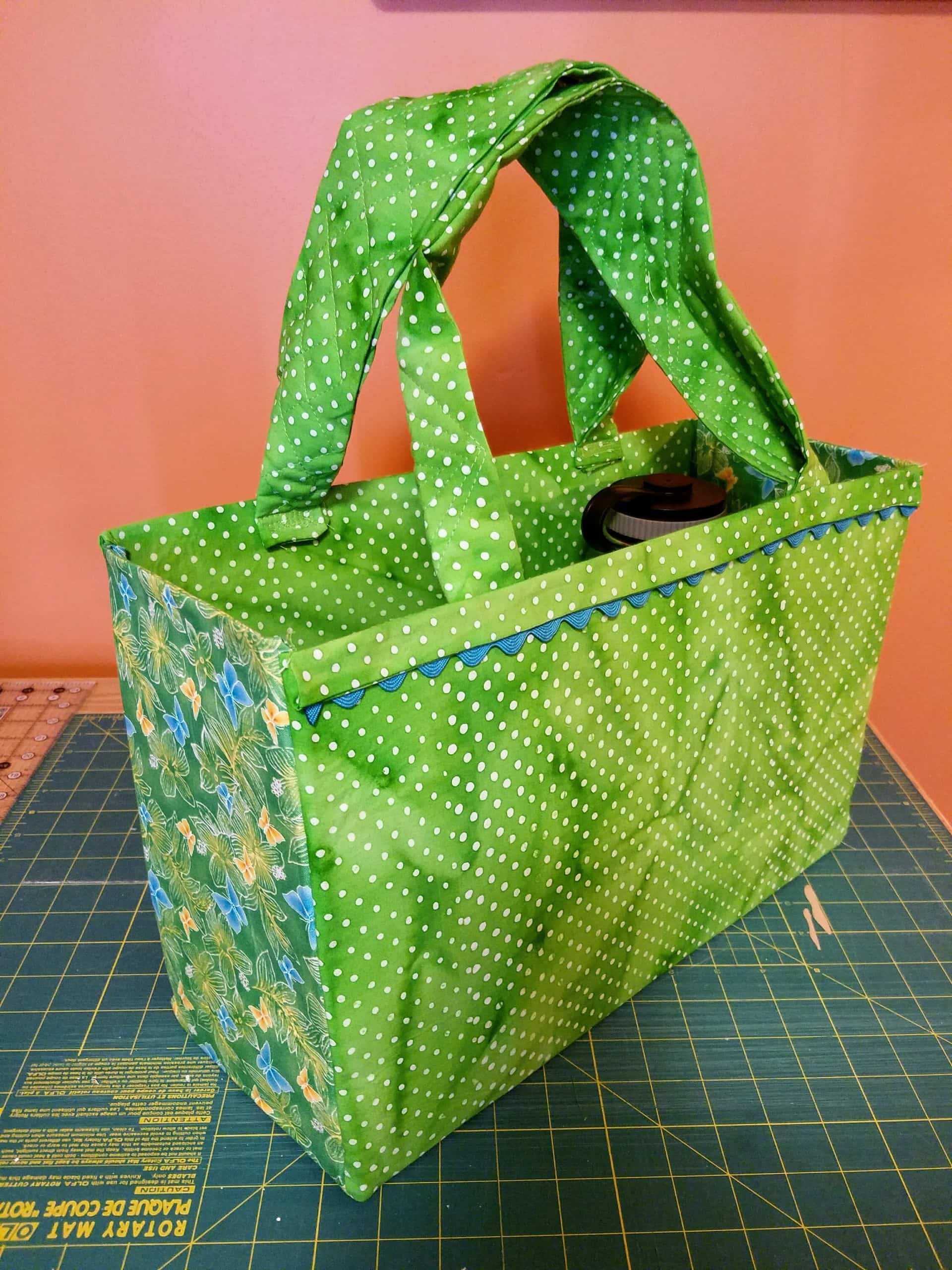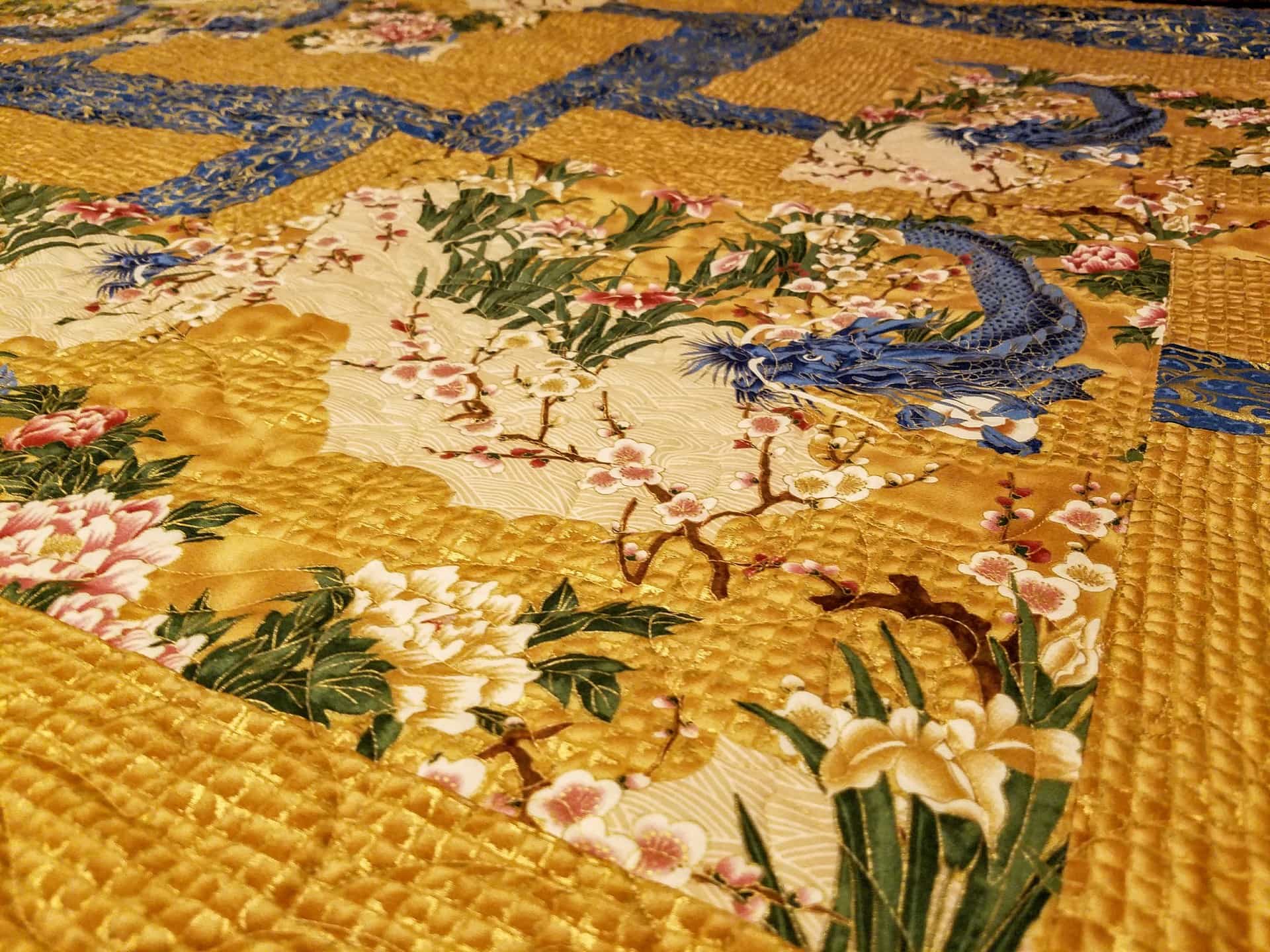One of the most common conversations I have with clients is in about dating and healthy relationships in recovery, but this is not something restricted to people in recovery; it is endemic in our culture. If we look at media and the ideals put out there for what a relationship should look and feel like, an individual quickly gets the idea that love equates to passion and romance.
For many, when the butterflies leave the tummy, the relationship is over, the person has ‘fallen out of love’. Add a potential trauma history or modeled chaotic relationships to this expectation, and you have the beginnings of a broken picker.
So what is a broken picker? It is that thing that draws you to others, for friendships and intimate relationships.
Broken pickers are what lead to people repeatedly getting into domestically violent relationships or replaying a role in a relationship over and over; there are people out there who recognize broken pickers and prey on those people. When someone is struggling in this area and we have the conversation about dating a new person or getting in a new relationship, I ask the person if the person seems exciting. If they say yes, it is a red flag.
We continue the conversation and talk about other people who have seemed exciting and discuss those relationships: beginning, middle and end. Each one started with butterflies and excitement, each one ended due to progressive chaos and some ending event.
So what do I tell people who are struggling with the broken picker?
First: therapy. Until the trauma or internal issue resolves, the person is likely to continue making the same choices. A release of that blockage is critical to creating and maintaining healthy relationships. I don’t mean that you need to spend the rest of your life in therapy, but get in, address your issue and move on.
Second: manage and revise expectations. This is where our culture struggles. Most have the dream of finding Mr. or Ms. Right and settling down to wedded bliss, replete with a lifetime of passion and romance; divorce is often right around the corner though. According to an article by the American Psychological Association, between 40 and 50% of all marriages in the US end in divorce, and the divorce rate for subsequent marriages is even higher. When I talk with people, I talk to them about what the relationship will look like in 50 years.
Now this is difficult, especially for impulsive people who are managing sobriety day by day, but when the person starts to think about a relationship where he or she is responsible for the other person’s health needs or having that person as his or her caretaker or when sexual intimacy is not physically an option, the conversation changes.
What does non-physical intimacy look like? It looks like a lot more than sex: holding hands, cuddling, talking, hugging, supporting, appreciating, sharing interests and expressing gratitude toward each other are some examples. That is the tie that truly binds. Sex, passion and the butterflies will always fade away, but the true linkages will remain and support the relationship. That is what lifetimes are made of and that is why many people are so unsatisfied.
Your best friend should not be someone outside of your bond.




